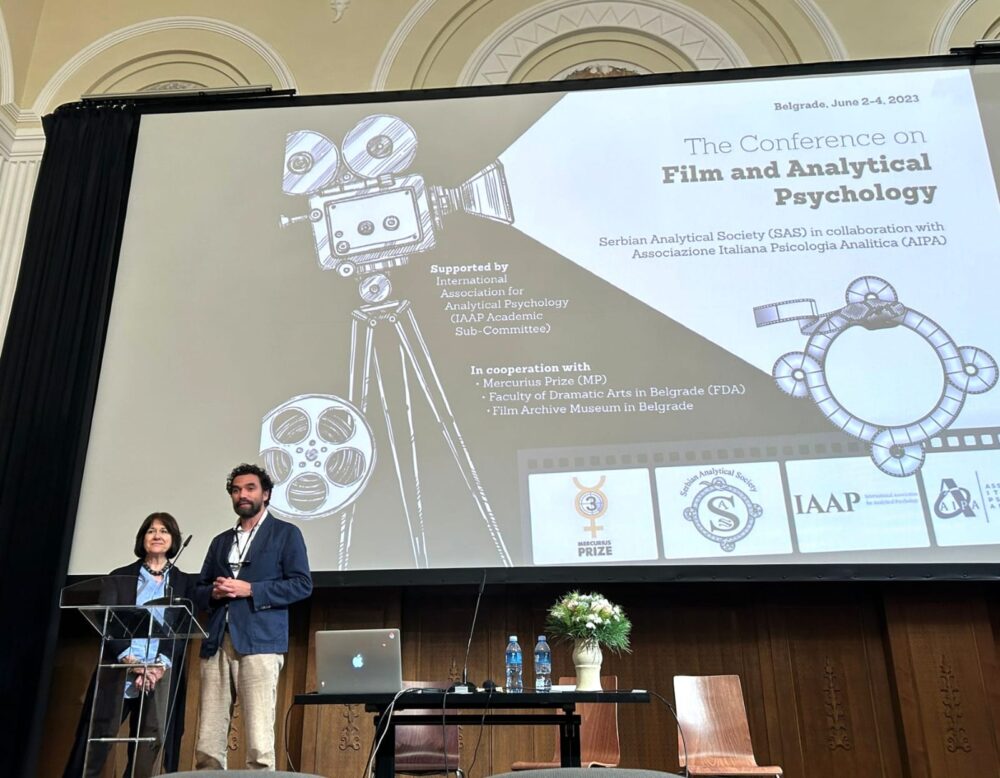Luis Moris speaks on Film and Analytical Psychology

As part of the conference Film and analytical psychology, the Mercurius Prize was awarded to the film Una pura formalità by Giuseppe Tornatore.
The film tells the story of a man stopped by the French police, towards whom all possible clues to a murder converge, of which he nevertheless has no memory. A plot entirely crossed by a disassociation, which will turn out to be much deeper and full of symbolic meaning than one can imagine at first glance.
Giuseppe Tornatore deals with the theme of confrontation with death, of the memory of a life (remembering is a bit like dying, sings the protagonist) of reality that is never as it simply appears on the surface, never monolithic, never all black or all white, never simply on/off, as recalled by the name of the famous writer who animates the main character, Onoff.
What are the emerging aspects of the film that led the commission to award the prize?
LM: Using the words of the Mercurius prize`s president, Murray Stein, “The Mercurius Prize Committee is pleased to award the MERCURIUS PRIZE to Giuseppe Tornatore for his masterful film, “A Pure Formality,” a cinematic gem that captures convincingly the elusive spirit Mercurius with all of his twists and turns and sudden surprising revelations. The Mercurius Prize is awarded to film-makers whose sensitivity to psychological depth and nuance is strongly evidenced in their work and who also show consistent respect for human rights. It is in recognition of his brilliant achievement in this film that we are pleased to award Giuseppe Tornatore this prize.
Your lecture talks about Jungian psychology and Stanley Kubrick, a film director that often cast an eye on the dark side of the human beings.
To what extent can the archetypal references so much studied by Jung speak to us today through the images of films and artistic representations in general? And, more specifically, how can they tell the story of contact with the Shadow in our times?
LM: Films are a creative vehicle for demonstrating what can happen in the psyche of an individual. Kubrick`s film, in particular, have a sense of reality and non-reality. My fascination with Kubrick`s films revolves around his capacity to show “our reality” more real. In other words, he shows, through men, the archetypal world- that other dimension of existence. Particularly, Kubrick`s films portray the dark side of men, the evil side.